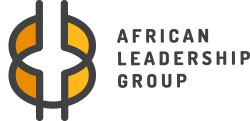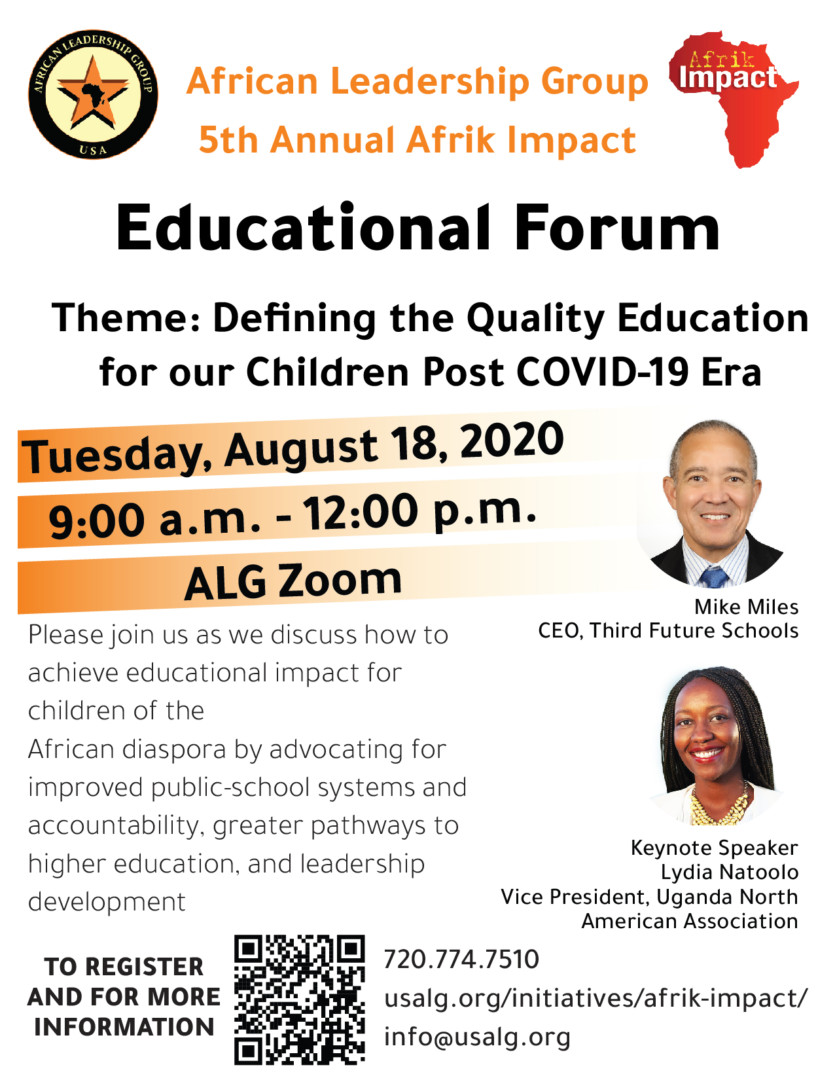The African Leadership Group recently concluded its annual Afrik Impact event. This year’s theme was “the power in our common voice.” I raise my glass to a successful educational forum event which I had the honor to be part of for the third time. The theme for the education forum was “defining quality education in the Covid-19 era.”
The forum took place both in person at the Denver Botanic Gardens for those who felt comfortable coming in and were willing to wear a mask throughout, and also virtually via Zoom.
The forum featured parents, students, education leaders, school board members, district superintendents, teachers, education policymakers and head of schools sitting together to discuss a range of topics: Teaching during and post Covid-19, equity, equality, accountability in education, mental health for students, and school choice.
Panelists represented charter schools, district-run public schools, and private schools.
First panel
The first of two panels featured a student, a parent, a head of school, a teacher, and an education leader. The panelists discussed the challenges and opportunities for education during and after the pandemic.
The second panel included a board of education member, an education policymaker, a school founder, and two education leaders.
Here are a few highlights from each panel.
Keynote speaker Mike Miles, founder of Third Future Schools, a charter network, kicked off the forum. He opened by asking a pertinent question: Is education essential during this pandemic? To his way of thinking the answer is a resounding yes, which means, he said, schools should be open to in-person learning, as his schools are.
The first panel focused on “challenges and opportunities for schools during the Covid-19 era.” From there Mariem Dia a freshman student at Colorado Early College in Aurora shared the thoughts and feelings of many students during the pandemic. Mariem said that students should be listened to and involved in decision-making because at the end of the day, school is about them.
Beth Abate, a working parent with school-aged children, posed a question most working parents have. What alternatives can school leaders offer to working parents during this pandemic, other than leaving them to choose between their children’s education, which can mean quitting their jobs, and disregarding their kids’ education and making sure that the bills are paid by working? And, she asked, how can parents be involved in finding a solution for a safe return to school for all children?
Sumant Bhat, head of Stanley British Primary School, said that to close the widening gap in education, student and parent voices need to be heard. He also argued that curriculum needs to be tailored to each individual student.
Sandi Brown, chief executive administrator at Colorado Early Colleges, said online learning means teachers would need to come up with more innovative ways to teach and keep students engaged.
Second panel
The second panel focused on “change management and solutions to help ensure education success during the Covid-19 era.” Colorado State Senator Paul Lundeen launched the discussion by reminding us that education has the capacity to transform the life of a child drastically. This makes it vitally important to provide education the right way.
Lundeen also noted that the challenges facing the education system today are being revealed with incredible clarity in this pandemic. As a policymaker, Lundeen said, he sees overhauling the way public education is being financed as key element to drive change.
Jennifer Bacon, vice president of the Denver Board of Education, said that not only inequity but inequality as well, must be addressed. She said that “…though we are in an institutional quagmire, our commitment to our children to have access to equal education should always be in the mind of every educator…”
Bill Kurtz CEO of DSST Public Schools, said Covid-19 is widening pre-existing opportunity gaps, and that schools must find tangible solutions, embracing a serious equity agenda and providing ample resources to every school and every student.
Tatenda Muchiriri, a Montessori school leader and founder offered that another way to address the issue of education success in African immigrant communities is by promoting school choice. His choice is opening a true Montessori micro-school in Aurora, probably in the fall of 2021.
Susanna Cordova, superintendent of Denver Public Schools, provided information about what DPS is doing for students during this first semester of school while learning remains remote. She also shared what the district is envisioning post-pandemic to ensure equity and equality.
Community members following via Zoom and in person had the opportunity to have their questions answered by panelists during both panels.
I would like to conclude by asking you, my readers, these questions.
- Is education essential in this pandemic era?
- If it is, how can we close the gap we are seeing in education for minorities and immigrants?
- How involved should parents and students be in education decision-making to help address the issues we are facing?
To borrow the words of panelist and student Mariem Dia, remember, students are yearning to be involved in their own education.


